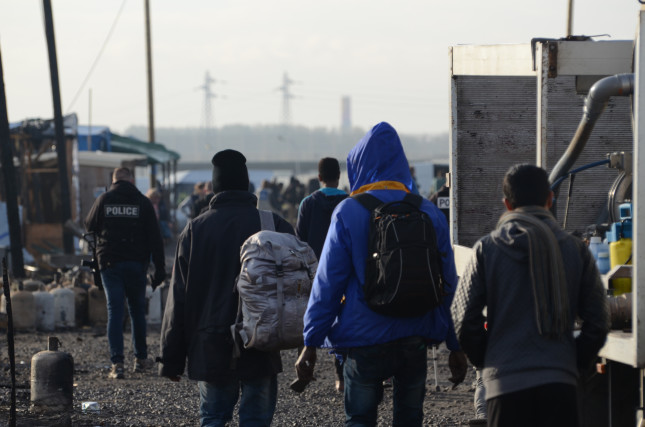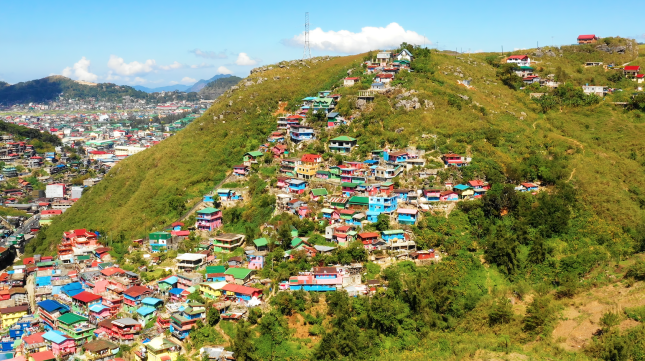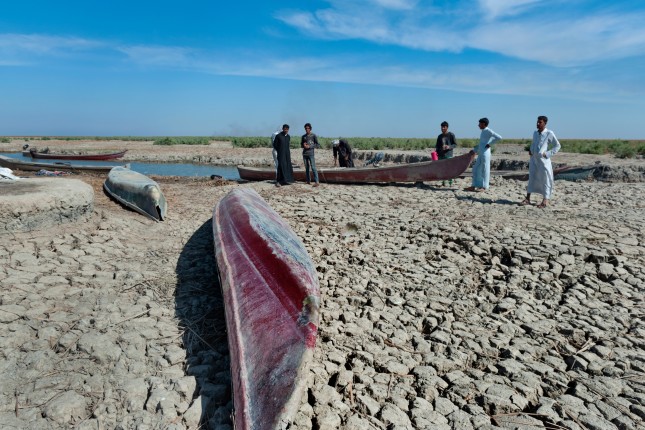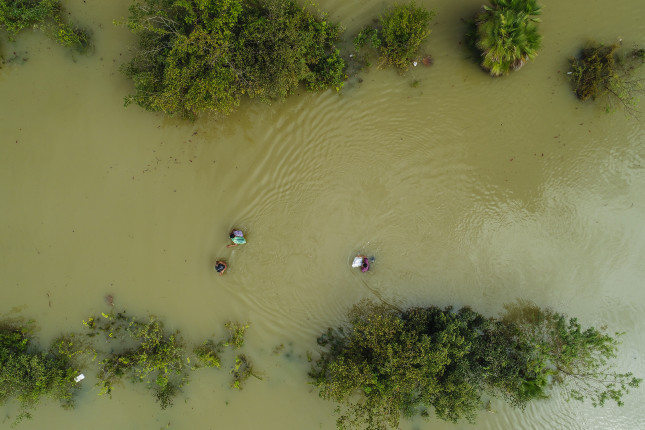-
“You Will Find Your People Here” with Dr. Caroline Wanjiku Kihato and Clare Loveday
› On today’s episode of New Security Broadcast, ECSP Director Lauren Risi and Distinguished Fellow Dr. Blair Ruble talk with Clare Loveday and Dr. Caroline Wanjiku Kihato about their collaborative installation, “You Will Find Your People Here,” currently on view at La Biennale di Venezia. Loveday is a Johannesburg-based composer, and Kihato is an urban sociologist who specializes in gender, migration, and governance; they worked in concert with pianist, Mareli Stolp, and Ghanian artist, Awo Tsegah, to bring the installation to life at the Biennale.
On today’s episode of New Security Broadcast, ECSP Director Lauren Risi and Distinguished Fellow Dr. Blair Ruble talk with Clare Loveday and Dr. Caroline Wanjiku Kihato about their collaborative installation, “You Will Find Your People Here,” currently on view at La Biennale di Venezia. Loveday is a Johannesburg-based composer, and Kihato is an urban sociologist who specializes in gender, migration, and governance; they worked in concert with pianist, Mareli Stolp, and Ghanian artist, Awo Tsegah, to bring the installation to life at the Biennale. -
Competing Imperatives? Migration and the African Continental Free Trade Area
›
African informal migration to Europe raises human insecurity issues for states in both Africa and Europe. This challenge was underscored almost a decade ago by the arrival of about a million migrants and refugees on the shores of Europe.
-
ECSP Weekly Watch | July 24 – 28
›
A window into what we are reading at the Wilson Center’s Environmental Change and Security Program
Fixing the World’s Broken Food Systems
The United Nations summit on the state of the world’s food systems took place in Rome, Italy, this week, building on the work of a previous convening in 2021. The meeting focused on the environmental impact of agriculture and making food production more sustainable.
-
ECSP Weekly Watch | July 10 – 14
›
A window into what we are reading at the Wilson Center’s Environmental Change and Security Program
Rough Waters: Sri Lanka’s Fishermen Face Climate Challenges and Economic Woes
Close to 2.4 million Sri Lankans are employed in that nation’s fisheries, and the bounty of its seas and freshwater bodies make up close to half of the country’s animal-based protein. But now the livelihood that has sustained these workers for generations faces growing constraints.
-
World Population Day: Understanding Current Trends to Enhance Rights and Climate Resilience
›
In today’s demographically diverse world, population issues abound, creating different and important social, economic, and political implications. World Population Day (observed each year on July 11) offers an opportunity to reflect on why population is so important. Understanding the implications of population growth and decline, as well as population age structure and migration—is essential to strengthen our abilities to plan for a more sustainable future.
-
ECSP Weekly Watch | June 23 – 29
›
A window into what we are reading at the Wilson Center’s Environmental Change and Security Program
Climate Change and Migration: Ensuring Safe Access for Women and Girls
A new report from UN Women found that climate change poses a significant threat gender equality. In particular, changes in weather patterns and extreme events exacerbate vulnerability among women and girls and leads them to seek safety and opportunities through increased migration.
-
Tackling Challenges in the MENA Region: Climate, Food Security, and Migration
›
At a recent Brookings Institution event titled Climate Change, Food Insecurity, and Migration in the Middle East, Ferid Belhaj, Vice President for the Middle East and North Africa (MENA) at the World Bank, observed that the MENA region relies heavily on grain exported from both Ukraine and Russia. When the 2022 invasion reduced grain exports to a trickle, the entire region suffered heavily.
-
Addressing Climate Security Risks in Central America (Report Launch)
›
Northern Central America is experiencing a confluence of insecurity and migration challenges that are increasingly intertwined with climate change. What are the contours of this emergent convergence—and how can responses be developed and implemented more effectively?
Showing posts from category migration.


 On today’s episode of New Security Broadcast, ECSP Director Lauren Risi and Distinguished Fellow Dr. Blair Ruble talk with Clare Loveday and Dr. Caroline Wanjiku Kihato about their collaborative installation, “
On today’s episode of New Security Broadcast, ECSP Director Lauren Risi and Distinguished Fellow Dr. Blair Ruble talk with Clare Loveday and Dr. Caroline Wanjiku Kihato about their collaborative installation, “





